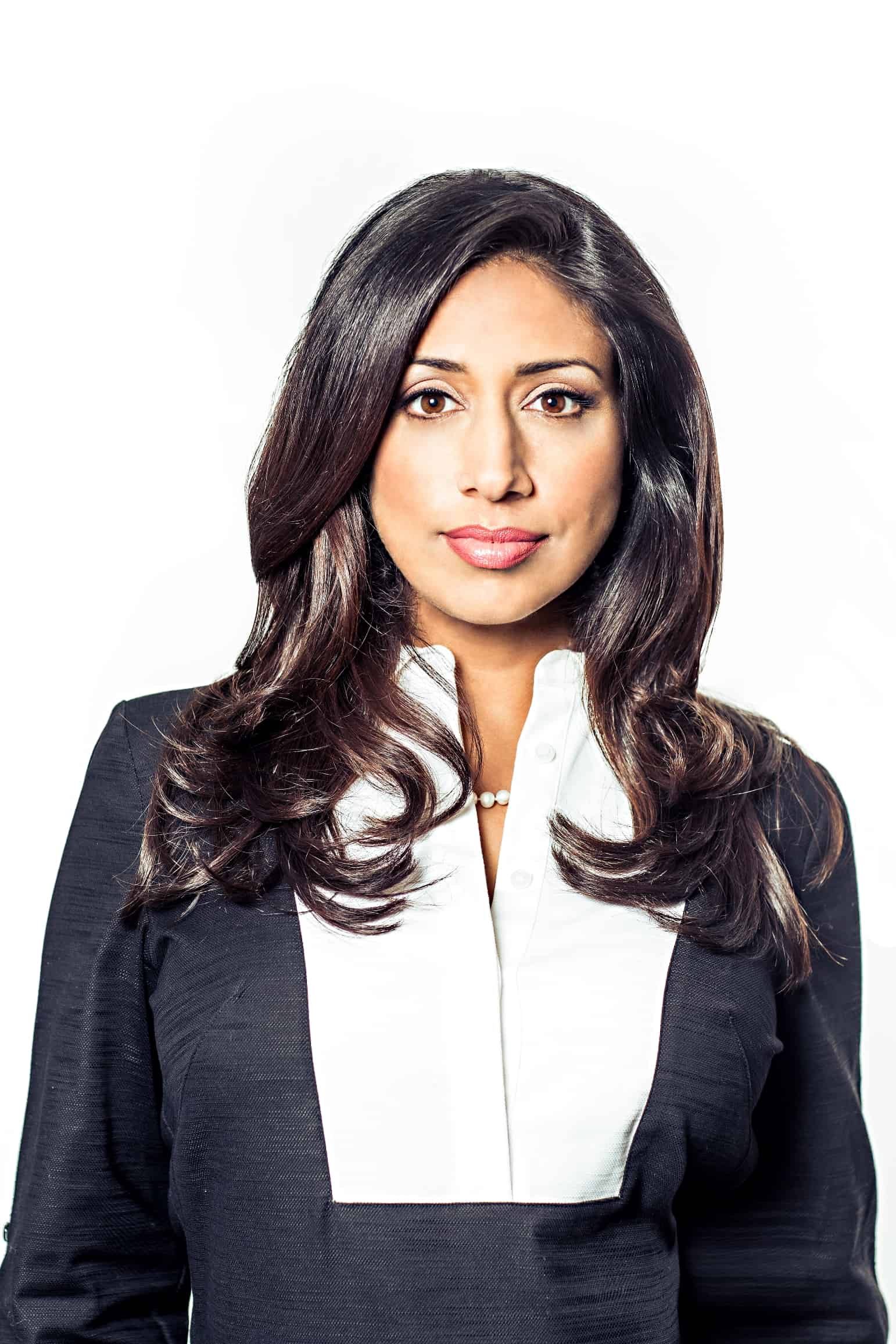The media landscape is shifting. Layoffs, cutbacks and uncertainty about the future have cast a shadow over much of the industry. In our new series, “Bylined: Women in Journalism,” we talk to notable women working in journalism to find out how to survive (and thrive) in the current climate. For this installment, we chatted with Farah Nasser, anchor at Global News.
SDTC: What was your trajectory to get where you’re at now?
FN: I attended Ryerson University for Radio and Television Arts. While Ryerson helped me grow as an individual, it was my on-the-job experience that was the real education. In high school, I started reporting for Rogers Television. In University, I anchored overnights on CFRB 1010. Getting that experience at such a young age was invaluable. I was really lucky.
What was the best piece of advice given to you (in relation to your career)?
Always put the audience first. It’s always about the people watching at home. What do they want to know? What irks them? Also, be humble. That one is from my parents.
What has changed in the industry over the last 5 years?
When I first started, the job was to report the news for a 6 o’clock newscast. Now, social media is the new wire service. That’s an added dimension to our craft. Immediacy is key but accuracy is even more important.
Why did you initially want to get into journalism?
I’ve always been a news nerd. When other kids were listing to music in the car, I’d have talk radio or a news station cranked up. I still love experiencing history. It’s the best job in the world.
What is the most challenging aspect of being an anchor today?
Being on top of everything and tuning out the ‘noise.’ There is so much information out there and as an anchor, you have to sift through it and make it relatable to your audience.
What do you enjoy most?
Meeting people is my favourite part of the job. I’m naturally curious and love hearing people’s stories and perspectives. Putting yourself in someone else’s shoes really opens your mind.
Are you afraid for the future of the industry? Or excited about how it’s changing?
Excited! There will always be a place for local news. Where you live, work, your commute, your child’s school, where your tax dollars go…these are things that will always matter. They only question mark is how our viewers consume that information in the future.
Any tips for young women getting started in this field?
Be persistent and kind. When you start, be willing to do anything or travel anywhere. Things won’t just be handed to you. You’ll have to work hard and fight for opportunities. Competition is fierce so show initiative at every possible opportunity.
What has been the best memory from your career thus far?
That’s a tough one. I’ve had so many amazing experiences. I recently did a report on immigrant stories. It was incredible listening to the experience of different people trying to get to Canada and how much they sacrificed. I think it stayed with me because I could relate though my parents’ story. It gave my such an appreciation for being born here and having my kids in Canada.
Can you describe your approach during interviews?
I basically ask the questions I’d like to have asked if I was watching at home. I’m well informed but I also believe that there are no stupid questions.
How do you keep it together on-air when you encounter a story/subject that rattles you?
I generally wear my emotions on my sleeve so it’s challenging. This is particularly true when it comes to stories involving children. I try to remain as poised as possible but sometimes it comes out in my tone. I’m human.
In an alternate universe, what would you be if you weren’t an anchor?
I would love to start my own business one day. I have tons of ideas!



 Follow Us On Instagram
Follow Us On Instagram
